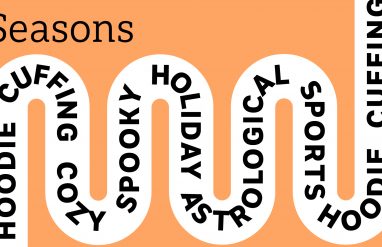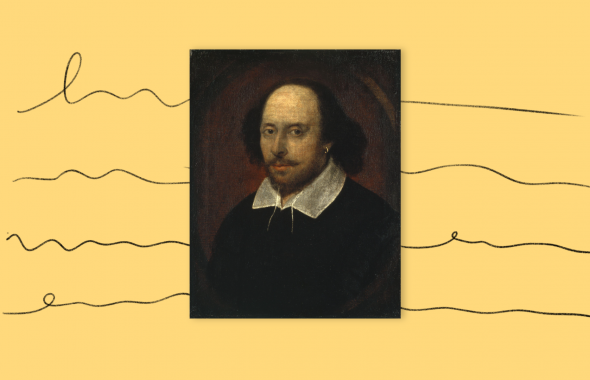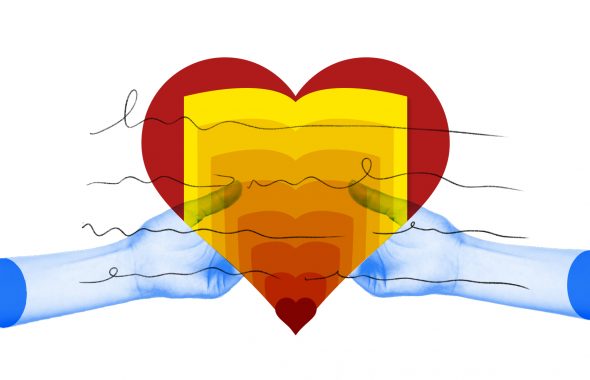Let's Look in Books
There are different ways to pick a newborn’s name. You could go the “flavor of the month” route—no doubt many girls were named Katniss or Hermione when The Hunger Games and Harry Potter arrived in theaters. Or maybe it’s a family moniker. Of course, if you get quizzical looks when you introduce yourself at a party and feel compelled to add “it’s a family name,” you’ll have to think about whether you want to pass that on.
There’s another resource: the wide world of literature. In some cases, such names are rich in history, assured of a place in our pantheon of literary heroes. Let’s look at 15 distinctive names fit for any generation. In some cases, we’re citing last names—flip it around, whatever works!

























